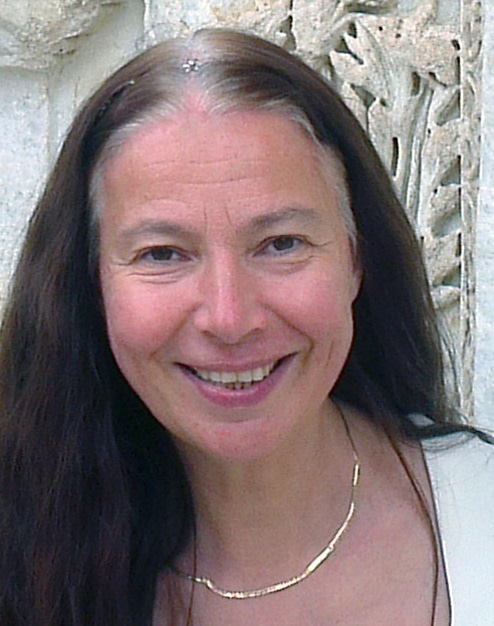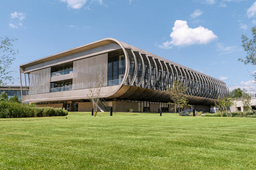An open chat with…Beáta Vertessy

This new interview series is being helmed by Professor Beáta Vertessy, who has been on the FEBS Open Bio Editorial Board since 2013 and has recently been promoted to Senior Editor. As the organiser, she has agreed to give the inaugural interview. To give you a flavour of the full interview published in FEBS Open Bio, here's just a couple of the Q&As:
 For those who are non-specialists, how would you describe your research?
For those who are non-specialists, how would you describe your research?
Our research aims to understand the as of yet undiscovered details of genomic chemistry. The textbook concept that DNA consists of four bases is clearly not valid: several rarer but highly important bases are also present in DNA and these play key roles in the regulation of normal and cancer cells. Our research is expected to reveal novel pathways that will allow us to specifically target cancer cells while causing minimal harm to normal cells.
Our research is also relevant in the context of infectious diseases such as tuberculosis and malaria, since DNA-based regulatory pathways in pathogenic microbes are of great significance for biomedicine.
You also chair the FEBS Advanced Courses Committee and are an ex officio member of the FEBS Network and FEBS Education Committees. How do your roles on these committees help you support early career researchers?
FEBS aims to facilitate the careers of young scientists through multiple avenues. For the Advanced Courses, where the fields cover hot topics in molecular life sciences, our major goal is to allow the young scientist to make personal contacts with the leaders of any given field. We also look for feedback from the participants so that we can further improve these events.
The Network is a great platform on which to learn and socialize – especially in the current pandemic situation. The Education events also focus on career planning and aim to address many key areas required to build a successful career.
What’s your proudest achievement outside of science?
Family – together with my husband, we have two children and five grandchildren and it is so much joy to see how they grow and develop. It is also a great happiness for me to work together with many young people in my lab and combine education and research. We are really a family-friendly environment in my group – to date more than 20 babies have been born to my students while they were working in my lab.
The full interview, including a discussion of how next generation genome-wide sequencing technologies are impeding an accurate understanding of DNA chemistry, can be read here: https://doi.org/10.1002/2211-5463.13077





Join the FEBS Network today
Joining the FEBS Network’s molecular life sciences community enables you to access special content on the site, present your profile, 'follow' contributors, 'comment' on and 'like' content, post your own content, and set up a tailored email digest for updates.